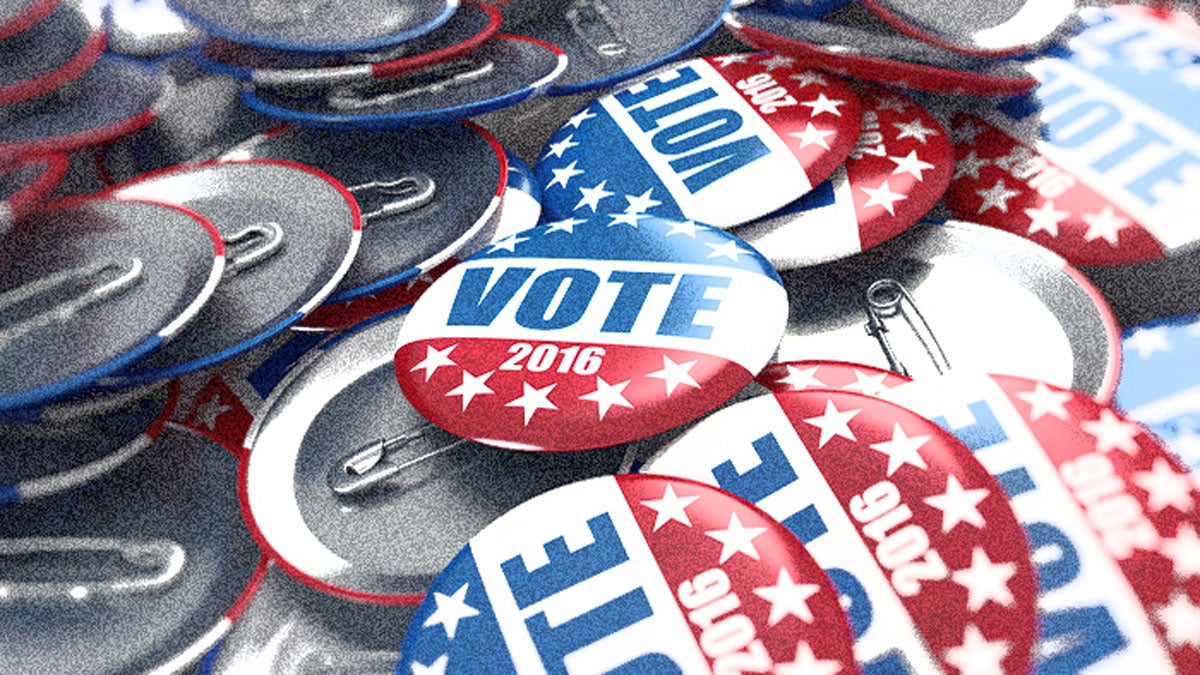Is paying your opponent to get out of the race legal?

(Big Stock photo)
Just how much trouble could U. S. Rep. Bob Brady be in if he ushered his opponent out of a race five years ago? Plenty, say experts in election law, because of the way it allegedly happened.
But there’s disagreement about it — the law isn’t always as clear as we’d like it to be.
When I read the court filing Tuesday that said Brady committed $90,000 of his campaign cash to retire the debt of opponent Jimmie Moore as part of a deal to get Moore out of the race, I called some former prosecutors and election lawyers to ask a simple question: If this is true, is it illegal?
“To me, that’s just politics,” said one, who declined to speak for attribution. “You tell your opponent he can’t win, and say you’ll help with his campaign debt if he gets out. That’s just what happens.”
And anybody who follows politics knows this kind of thing happens all the time.
Lou Agre, Democratic leader of Philadelphia’s 21st ward, told me that easing an opponent out of the way is pretty common.
“People to go to other people and say look, ‘if you get out of this race I’ll back you for another one, or I’ll help you raise money for another one. I’ll help you get a job, a recommendation, get on a board, anything,'” Agre said. “It’s just the art of politics. It’s the art of compromise.”
None of the things Agre mentioned were offers of money, and he’s talking about local offices.
Taking it national What about a federal election, governed by federal laws?
In the 2010 Pennsylvania U.S. Senate race, the Obama White house admitted offering an appointment of some kind to then-Congressman Joe Sestak if he’d drop his primary run against Arlen Spector, who’d become a Democrat.It generated months of cable TV chatter (you can find lots of on You Tube), and Congressional Republicans said the offer was a crime. Nothing came of it.
Consider Brady’s situation. If court filings by the U.S. Attorney are accurate, he agreed to tap his campaign fund for $90,000 to retire his opponents campaign debt to get him out. And the cash flow was concealed from regulators though payments to consultants and phony invoices.
Are those things illegal, and if they are, how serious are the offenses?
Two national election law experts I spoke to said pretty much the same thing.
They were Adav Noti, Senior Director of the Campaign Legal Center and a former senior attorney for the Federal Election Commission, and Noah Bookbinder, executive director for Citizens for Responsibility and Ethics in Washington.
Both said there’s evidence of campaign finance law violations here. The amount Brady is alleged to have committed to this, $90,000 is way over the limit one candidate committee can donate to another, which is $4,000.
Besides that, there’s evidence the contributions were routed through other parties, which is a big no-no, and they weren’t reported as required on campaign finance reports.
Campaign finance violations are generally treated as civil offenses that result in fines. They don’t ruin careers.If the violations are willful – that is to say, the Congressman knew of and approved the violations – they can be prosecuted criminally, but prison terms are unlikely under sentencing guidelines.
What about other, more serious crimes? Is this bribery, extortion, honest services fraud? Probably not, they said.If Brady had made an agreement to help with Moore’s campaign debt as part of an agreement to get him out of the race, and the amounts were within limits and disclosed, then “I don’t believe that is necessarily a violation of the law,” Bookbinder said.
That said, this is a case that could hold serious problems for Brady.
If the evidence showed that Brady knew of and directed the campaign finance violations, and prosecutors presented them as part of this deal to clear the field for his re-election, that would be an aggravating factor at sentencing. In other words, a judge could throw the book at him.
“Any criminal conviction, even it leads to house arrest, would be a very serious and career-threatening development for a sitting member of Congress,” Noti said.
Remember, Brady hasn’t been charged with anything. These are worst-case scenarios for him, in which the government is able to prove the facts alleged in Tuesday’s filing, and demonstrate Brady’s knowledge of all of it.”If these facts are accurate, and there is evidence that he knew about them, then he’s got a serious problem,” Bookbinder said.
More to come on this.
WHYY is your source for fact-based, in-depth journalism and information. As a nonprofit organization, we rely on financial support from readers like you. Please give today.


